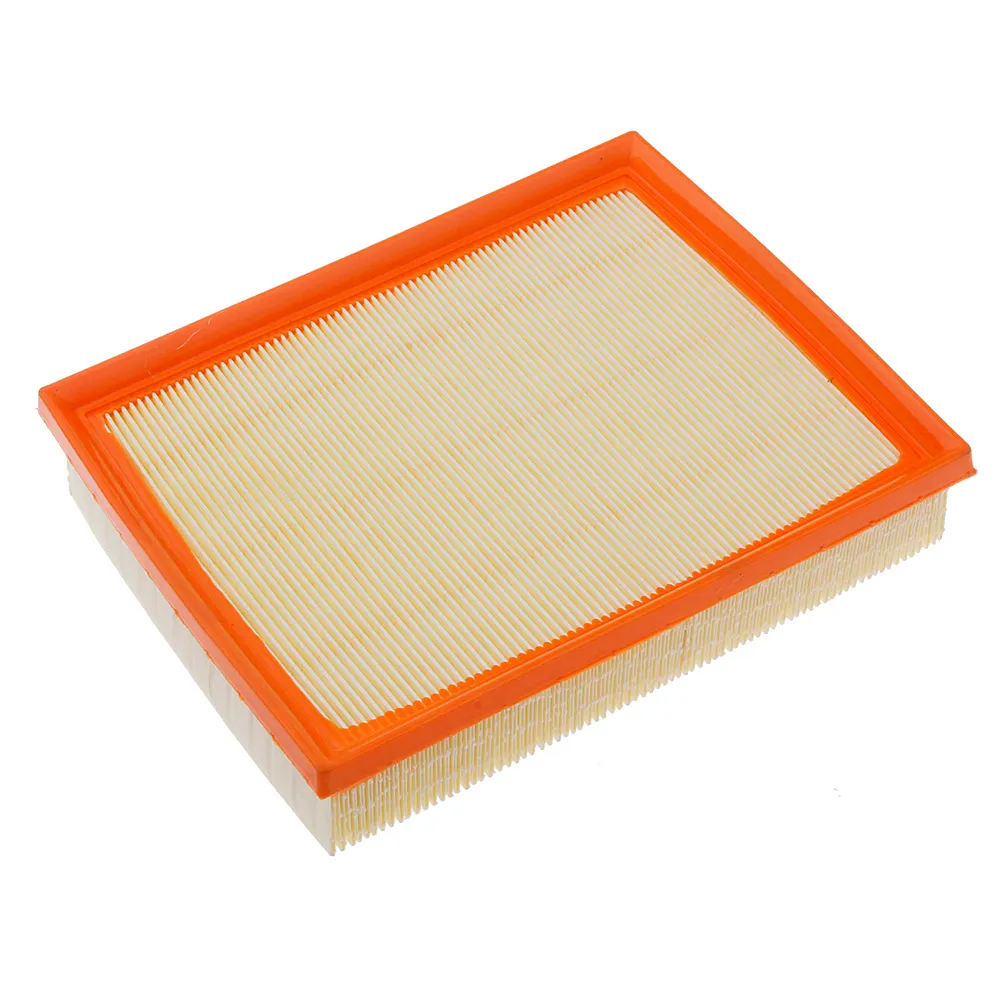
The car air filter is a cornerstone of modern automotive engineering, guaranteeing optimal engine performance, improved air quality, and enhanced fuel efficiency. As technological advancements reshape the filtration industry, understanding the applications, technical innovations, and lifecycle of car air filters is crucial for both OEMs and end-users. This ultimate guide explores the latest trends, technical parameters, manufacturing process, supplier comparison, and real-world application cases for car air filter solutions.
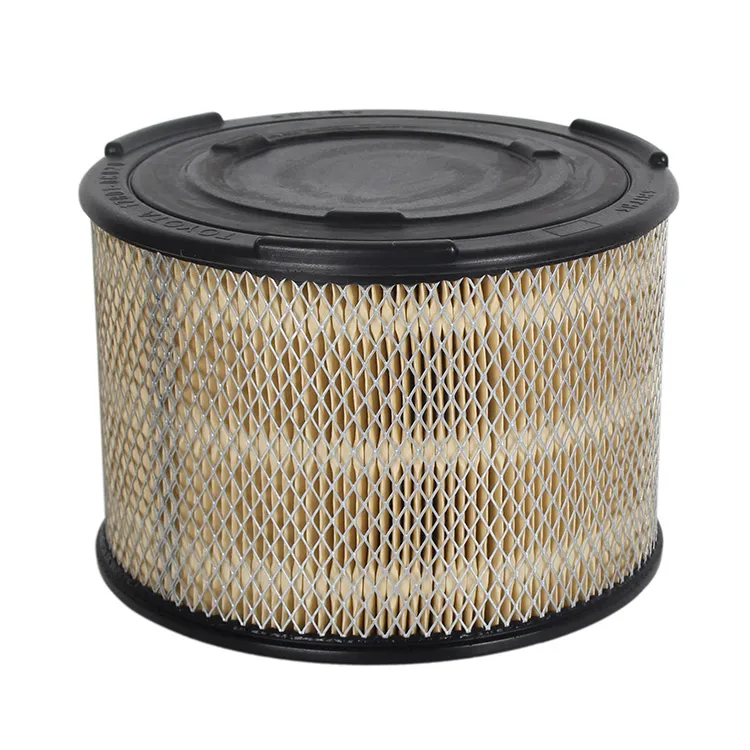
- Increased Adoption of Nanofiber Media: Offers superior particle capture, extended car air filter life, and improved airflow efficiency.
- Smart Air Filters: Integrated RFID and IoT sensors monitor historical usage (car air filter use) and real-time performance.
- Environmentally Friendly Materials: Biodegradable, sustainable, and recyclable media for lower lifecycle impacts.
- Global Market Growth: The global automotive air filter market is projected to reach $7.1 billion by 2027, with a CAGR of 7.3% (source: MarketsandMarkets).
- Focus on Extended Service Intervals: Modern car air filters can last up to 25,000–35,000 miles, depending on quality and driving conditions.
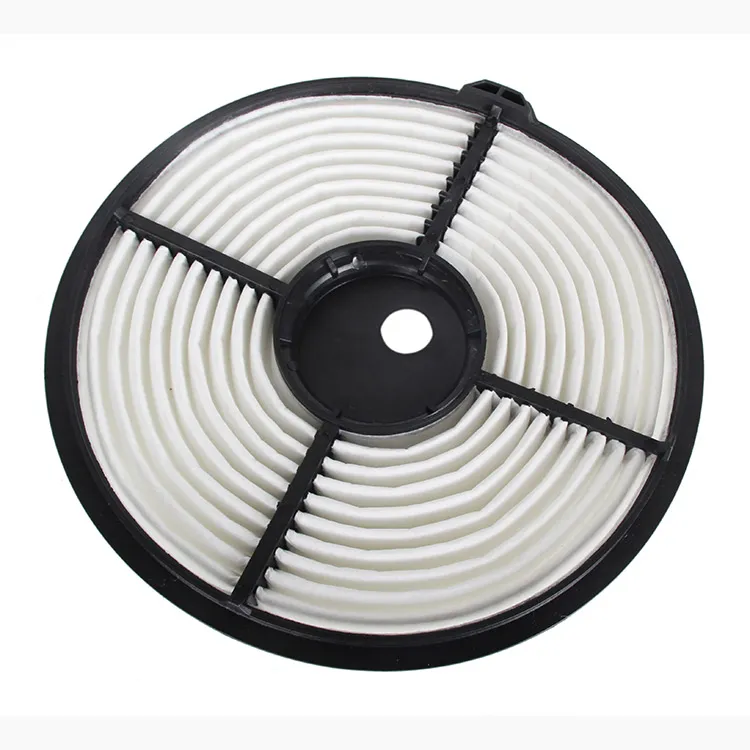
| Parameter | Typical Value | Top Range | Industry Standard | Remarks |
|---|---|---|---|---|
| Filtration Efficiency (%) | 96-98% | 99.97% | ISO 5011 | HEPA options available |
| Air Flow (CFM) | 250–550 | 650 | ANSI/ASHRAE 52.2 | Higher for performance cars |
| Recommended Replacement (Miles) | 12,000-15,000 | 35,000 | OEM Spec | Depends on car air filter use |
| Initial Pressure Drop (Pa) | 50–120 | 180 | ISO 29463 | Lower is better |
| Operating Temperature (°C) | -30 to +120 | +140 | ASTM D3574 | Polyurethane options available |
| Material | Non-woven synthetic fiber | Nanofiber composite | ISO 16890 | Eco-friendly variants |
| Average Car Air Filter Life | 18–30 months | 3+ years | Field-tested | Extended-service line |
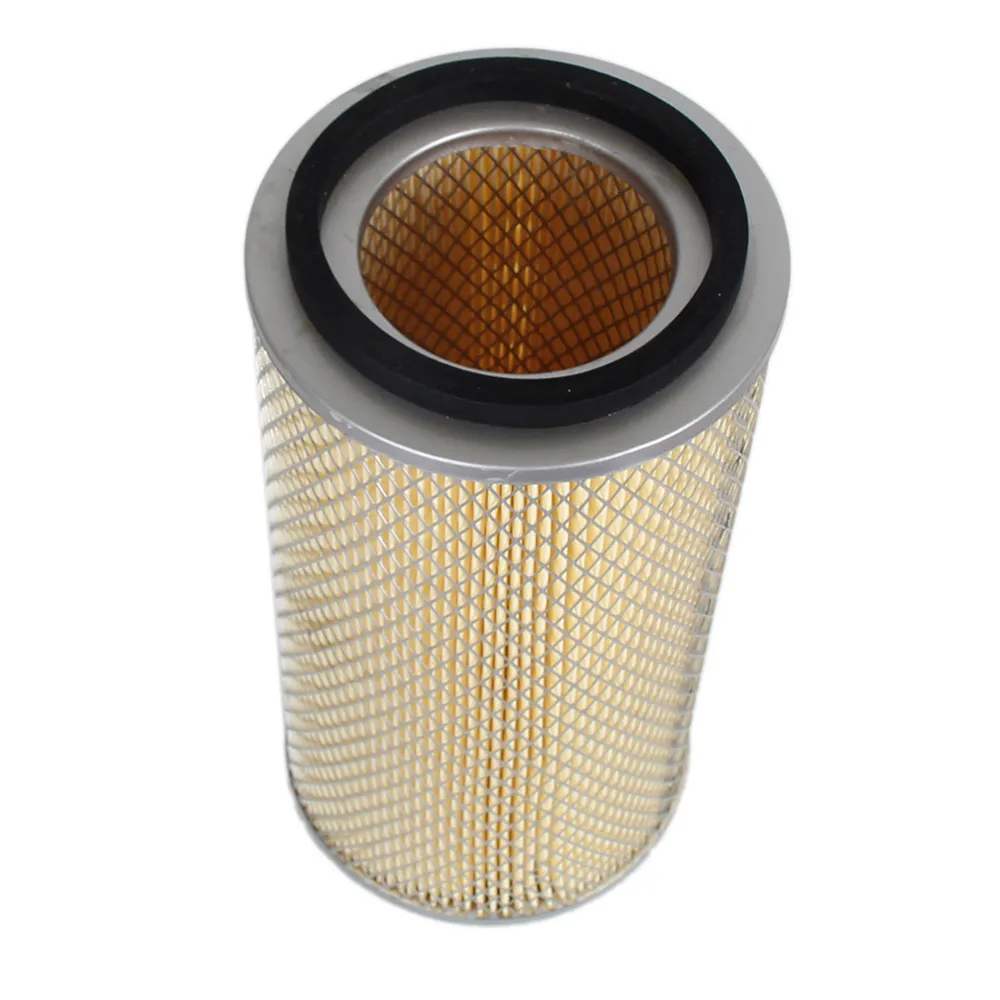
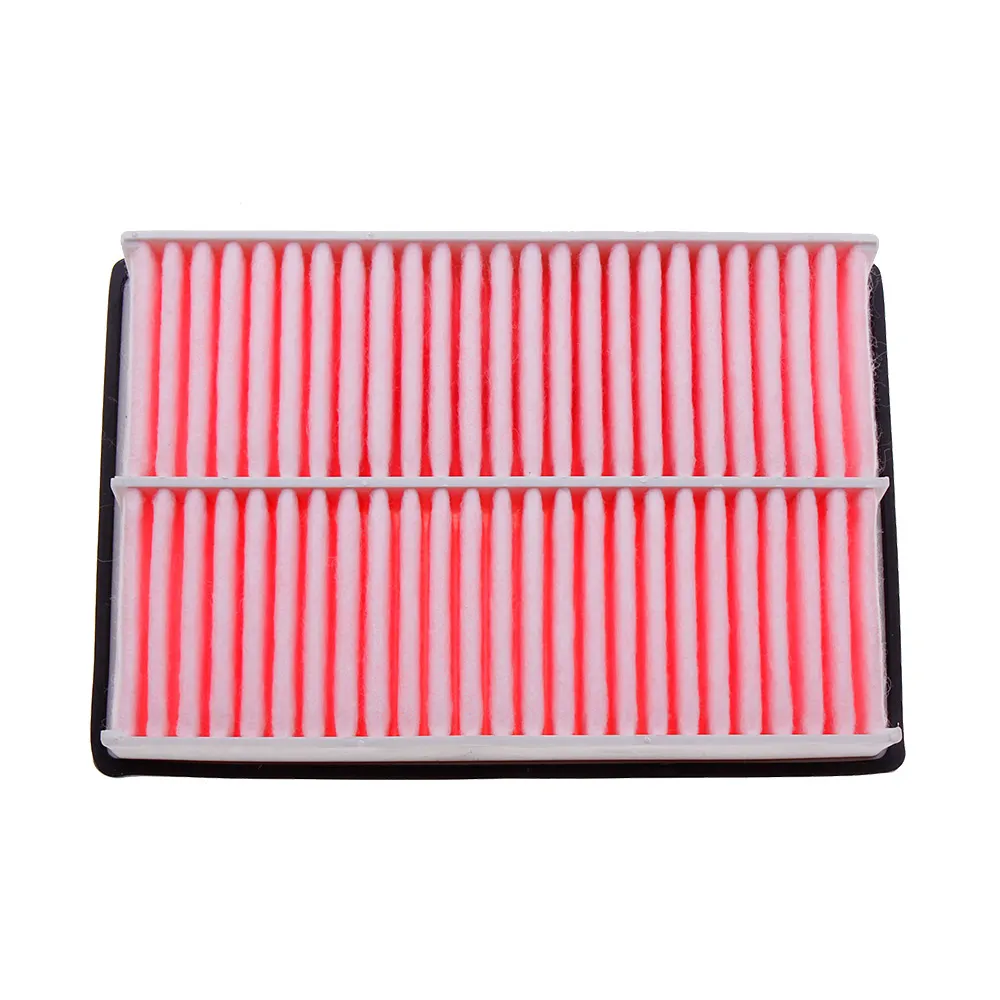
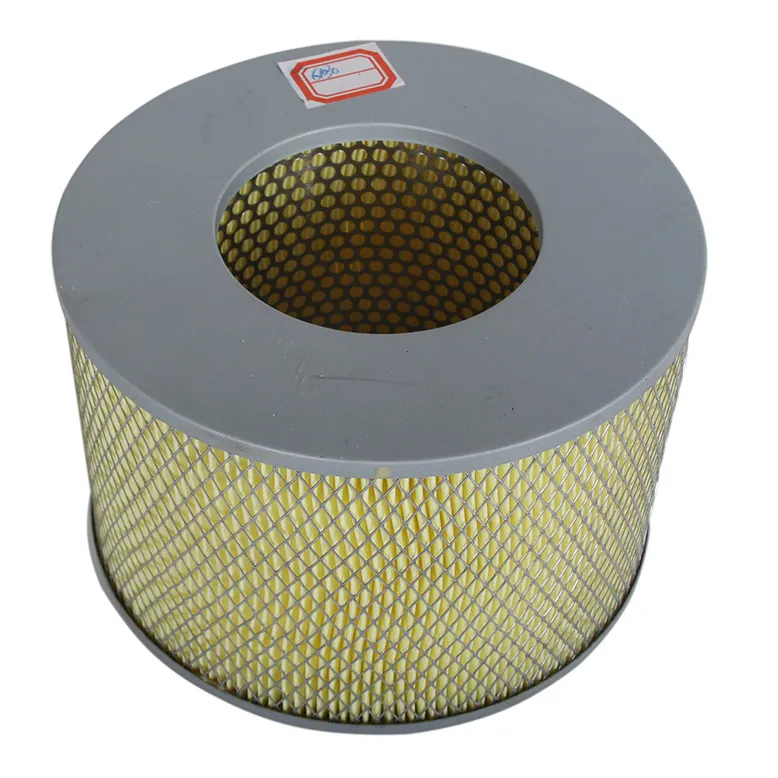
- Nanofiber Composite Media: Delivers sub-micron particle capture with negligible impact on airflow resistance.
- Precision CNC Pleating: Maintains optimal dust-holding capacity and consistent pleat geometry, maximizing lifecycle.
- Corrosion-Resistant Polyurethane Frames: Suitable for aggressive or humid environments — proven in petrochemical and wastewater industries.
- Extended Car Air Filter Life: Typically over 30,000 miles under standard urban driving; lab-proven on ISO 5011 cycles.
- Compliance and Certifications: All filters meet or exceed ISO 16890, ANSI/ASHRAE 52.2, and select models support ISO/TS 16949 for OEM lines.
- Thermo-Seal Anti-Bacterial Treatment: Shields against mold and improves indoor air quality in cabin applications.
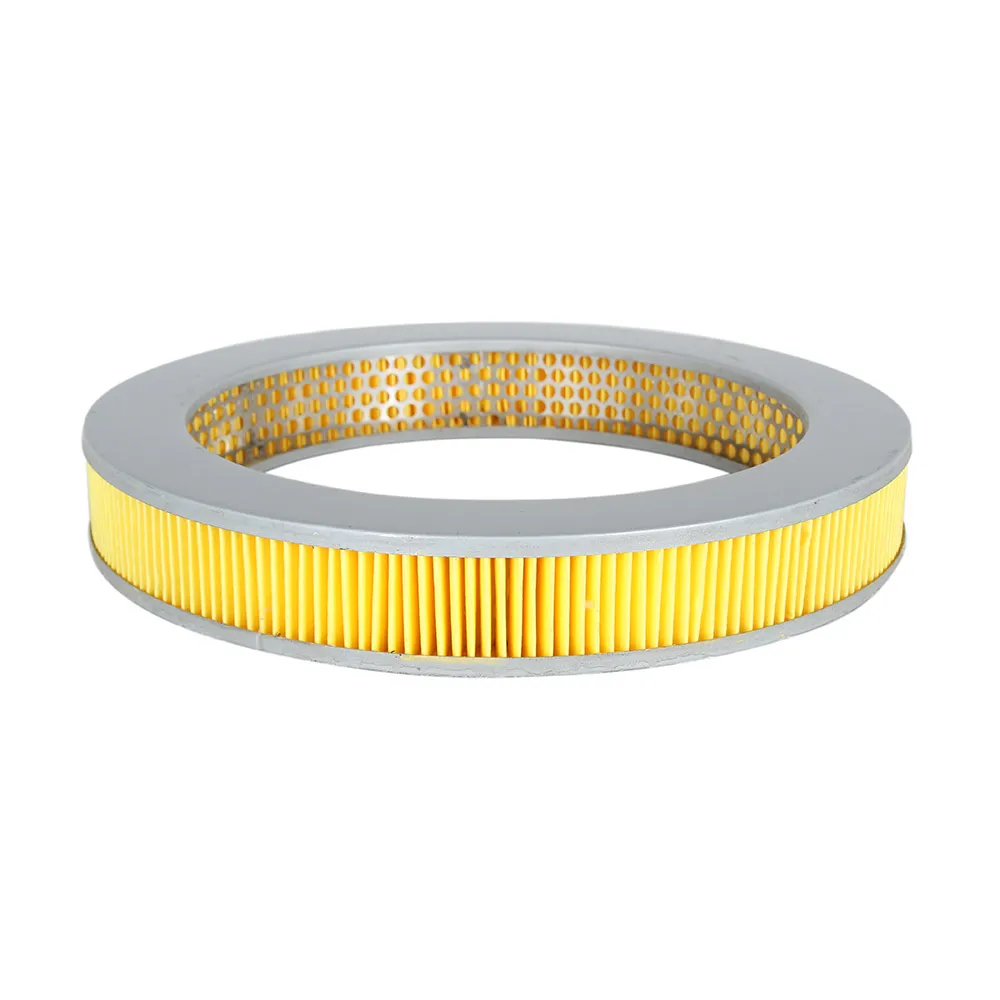
| Brand | Country | Filtration Efficiency | Typical Service Life | Price (USD/piece) | Certifications |
|---|---|---|---|---|---|
| Mann+Hummel | Germany | 98.5% | 25,000 mi | $18–32 | ISO/TS 16949, ISO 5011 |
| JYFILTER | China | 98–99.2% | 30,000 mi | $8–12 | ISO 16890, ISO 29463 |
| Bosch | Germany | 97.8% | 22,000 mi | $15–28 | ISO/TS 16949 |
| K&N | USA | 96.2% | 50,000 mi (washable) | $40–72 | ISO 5011 |
| Fram | USA | 96.5% | 16,000 mi | $12–18 | ISO 29463 |
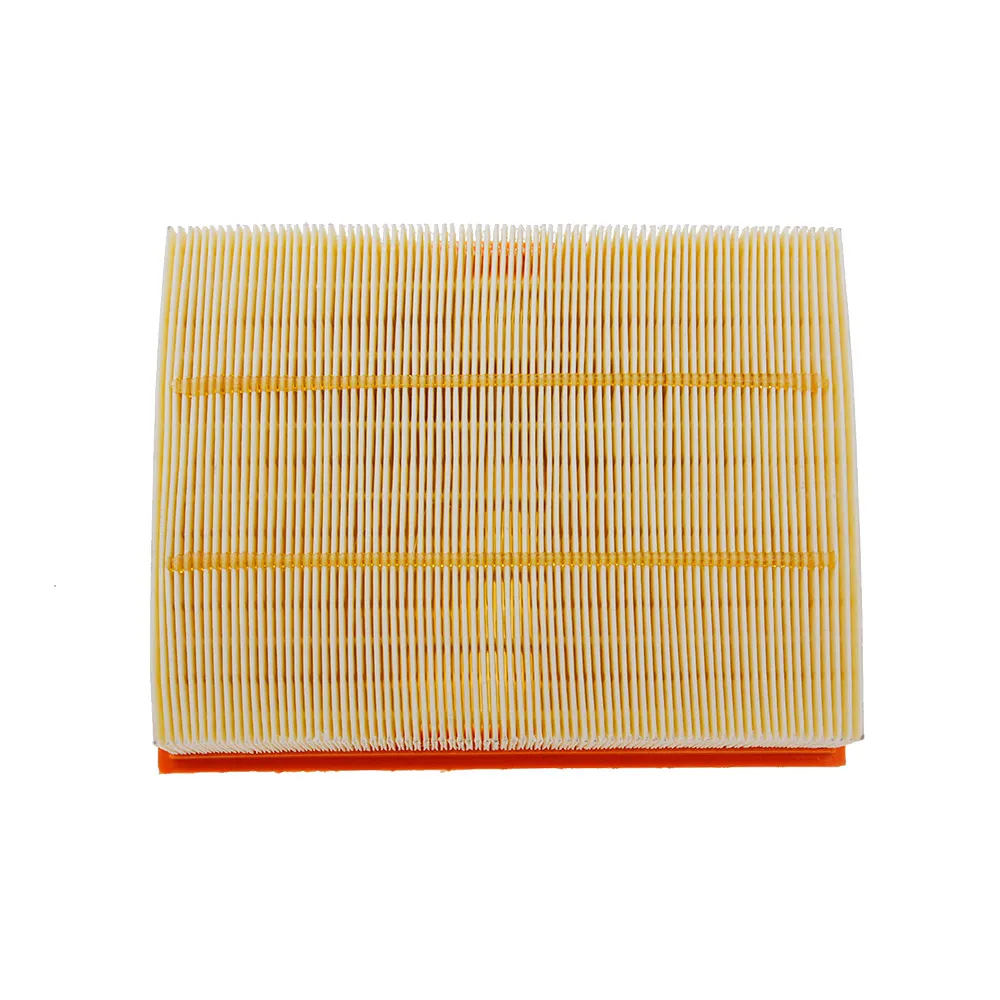
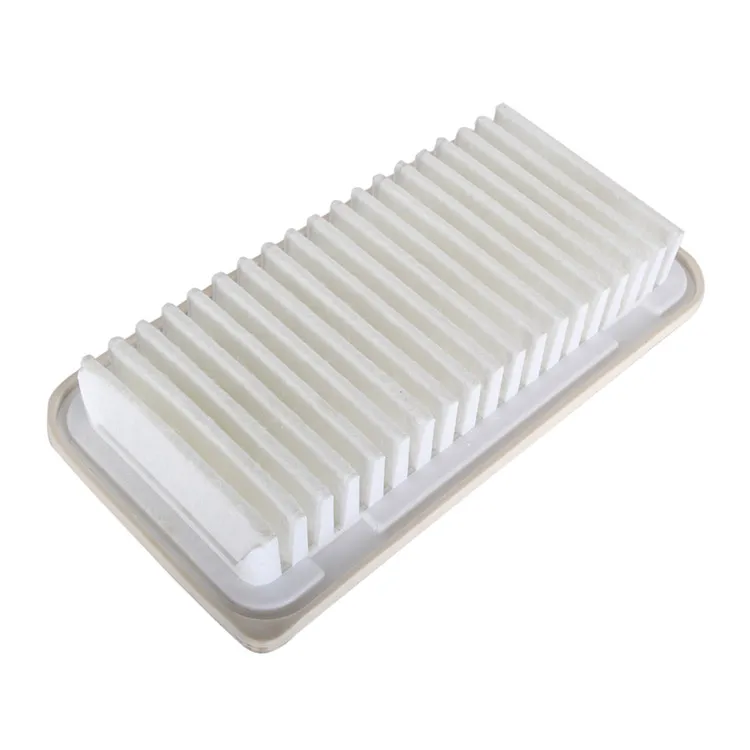
As diverse as modern automotive needs, car air filters can be tailored for:
- Industrial Off-highway:** High-dust filtration, reinforced frames, extreme operating temperatures (up to 140°C).
- Commercial Fleets:** Oil-resistant coatings, smart-change indicator integration for optimal car air filter use tracking.
- OEM Tier 1/KD Manufacturing:** Fully customized to specification, branding, packaging, and logistics requirements.
- Aftermarket/Performance:** Washable, reusable, and low-pressure-drop models for sport/modified vehicles.
- Special Conditions:** Antibacterial, VOC-removal, or activated carbon layers for city cabs & public transport.
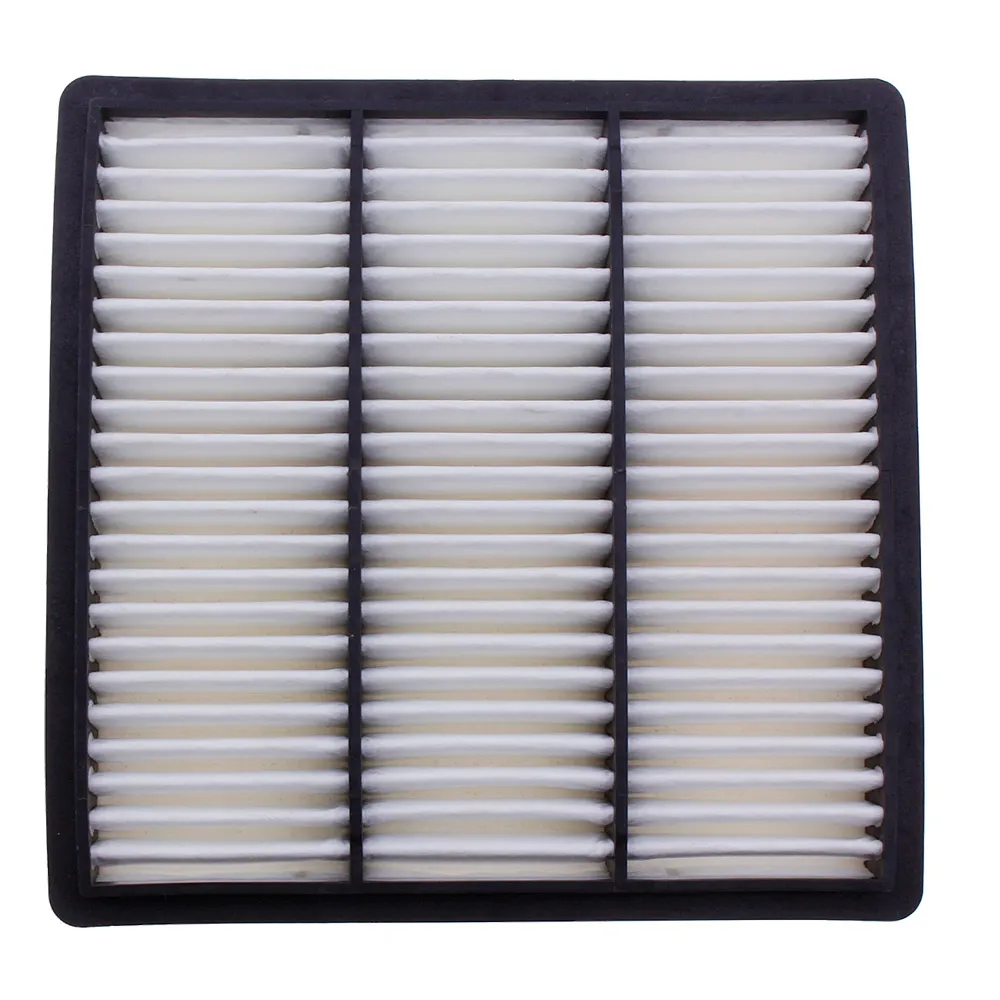
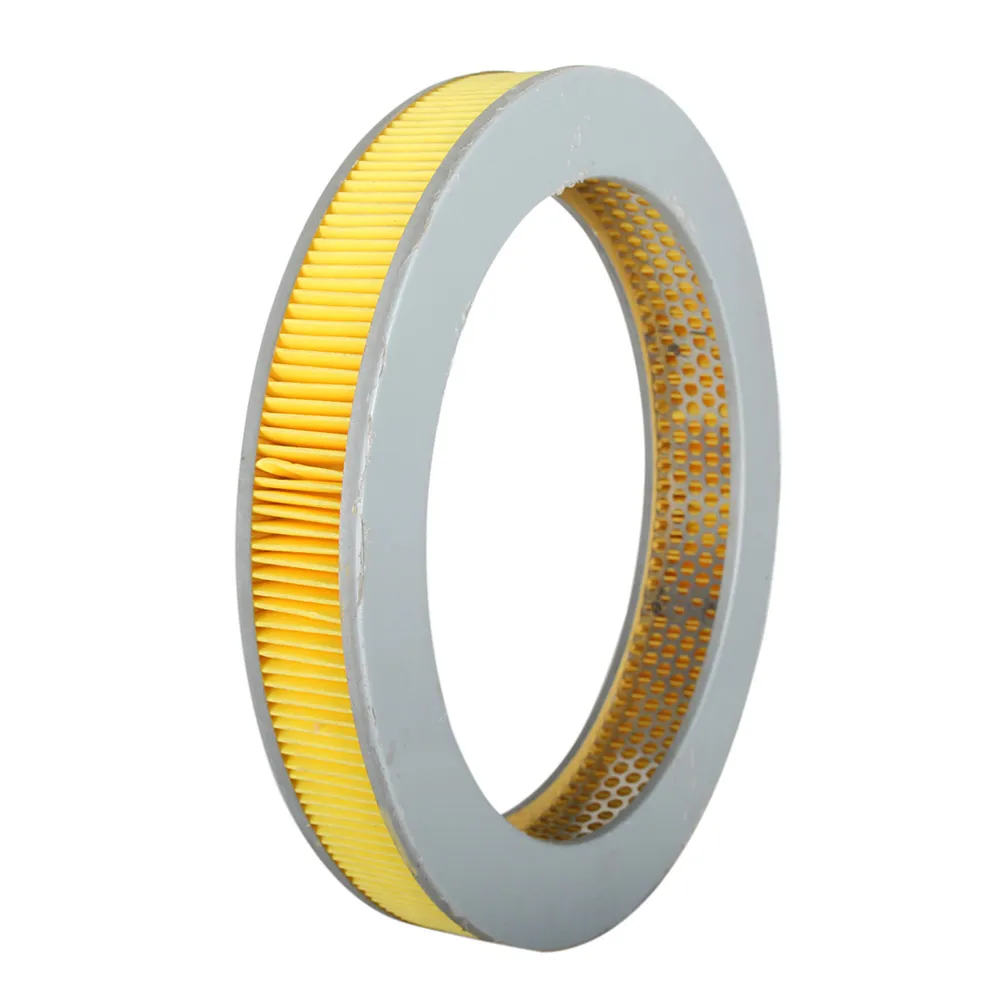
High-dust load environment, 24/7 operation. JYFILTER customized 40mm deep, nano-fiber car air filters increased mean time between replacements (MTBR) from 9 to 26 months. Fuel efficiency improved by 5.7% (ISO-compliant tests).
Integrated car air filter swap reminders via telematics. Extended car air filter life to 35,000 miles, reducing TCO (total cost of ownership) by 16% over three years.
VOC-capturing air filters improved in-cabin air quality by 38% (ISO 16000 series tested).
JYFILTER developed an OE-specification filter, passing all OEM lifecycle and corrosion resistance tests (ISO/TS 16949 certified).

Key Partners: Over 60 top-20 OEM auto brands, public sector transport authorities, and energy conglomerates.
Service Experience: 20 years+. Full after-sales support and technical backup.


- Delivery: Standard models ship within 5-8 days. Customized filters: 2–4 weeks depending on complexity.
- Warranty: All car air filter models carry a minimum 12-month/35,000-mile warranty.
- Technical Support: 24/7 hotline, remote fault diagnosis, on-site training & installation guidance — globally.

In conclusion, understanding the latest trends, technical parameters, and quality benchmarks for car air filter selection is key to ensuring engine longevity, optimal performance, and low total cost of ownership. Whether for OEM supply chains or fleet maintenance, prioritize filters with ISO-certified performance data, robust material engineering, and manufacturer support. For more insights, use our car air filter selector or contact our expert team.

- SAE International: Recent Developments in Automotive Air Filtration Technology
- Automotive Air Filter Characterization and Testing (ResearchGate)
- Engine Builder Magazine: Best Practices for Air Filter Replacement
- Filter Industry Forum: Latest Car Air Filter Trends and Analysis
- Elsevier: Automotive Air and Cabin Filters, Technology & Materials (Schumacher, 2022)
-
Vehicle Performance with Premium Car Filter SolutionsNewsJul.02,2025
-
Upgrade Engine Performance with Timely Air Filter MaintenanceNewsJul.02,2025
-
Optimize Vehicle Health with Timely Air Filter ReplacementNewsJul.02,2025
-
Every Drive with Next-Level Car Filtration SystemsNewsJul.02,2025
-
Driving Comfort with Advanced Air Filtration SystemsNewsJul.02,2025
-
Cleaner with Next-Generation Automotive Air FiltrationNewsJul.02,2025
-
The Importance of Cabin Filter and Engine Filter: The Role and Maintenance of Cabin Filter and Engine FilterNewsJun.25,2025
Related Products
